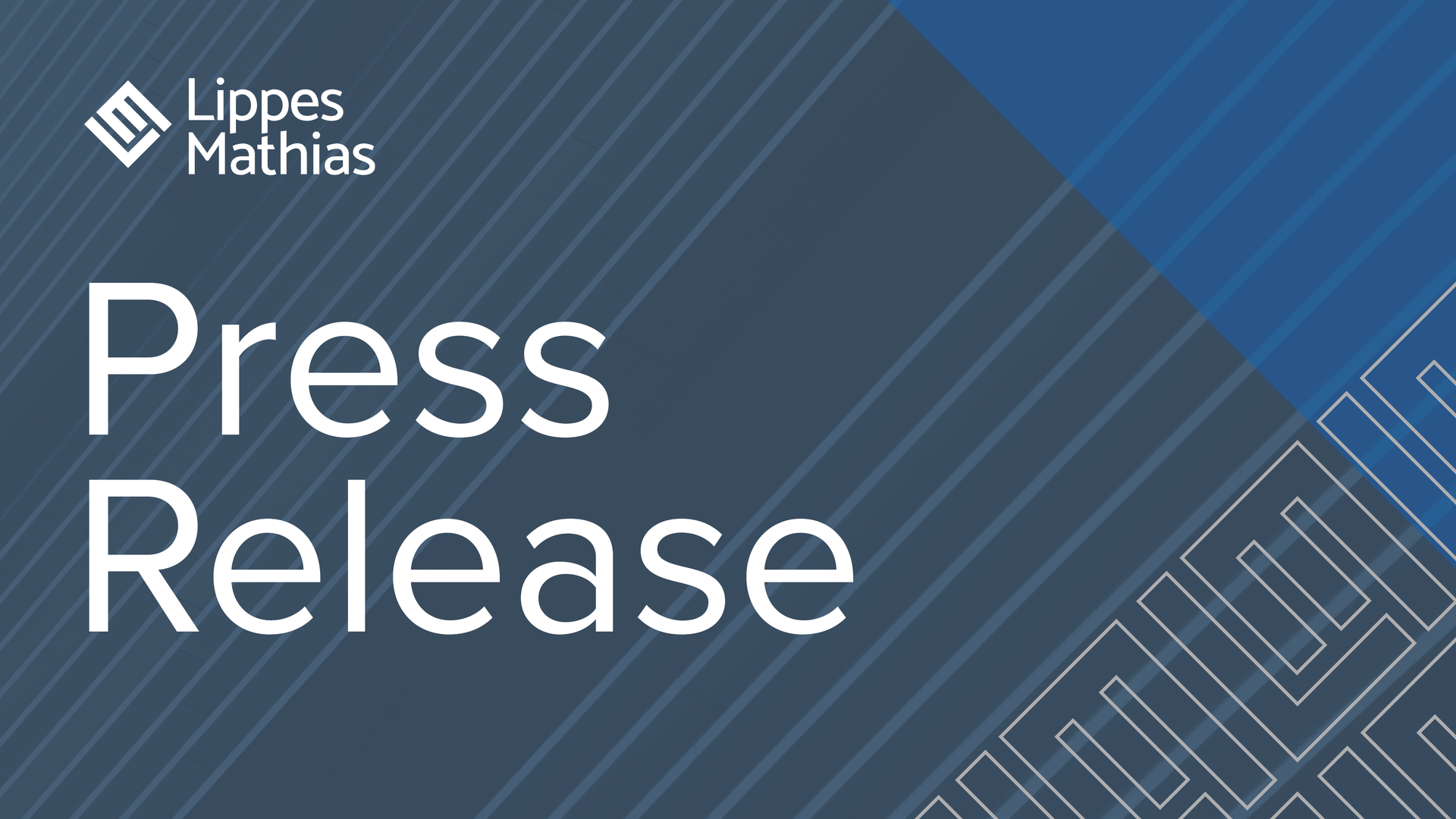Debt buyers cannot rely on National Bank Act thanks to Madden V. Midland Funding LLC decision
June 18, 2015 |
Articles
Late last month the Second Circuit issued a decision in Madden v. Midland Funding, LLC, which will have major implications for purchasers of debt from nationally chartered banks. In Madden, the Second Circuit reversed a decision in the U.S. District Court for the Southern District of New York and held that a debt collector that had purchased a charged-off account from a nationally chartered bank could not rely on federal preemption under the National Bank Act to avoid liability under New York’s usury laws. Under the National Bank Act, a nationally chartered bank is able to charge an interest rate allowed for in the state where the bank is based, regardless of what the usury laws of the state where the consumer is located provide. Based on this decision, however, the buyer of debt is not able to rely on this law.
In Madden, the Plaintiff, a New York resident, opened a credit card account with a national bank. The credit card agreement was later amended by a subsequent national bank based in Delaware to permit the bank to charge an interest rate of 27 percent. While this interest rate was permissible under Delaware law, the rate exceeded New York’s interest rate cap of 25 percent. After the Plaintiff defaulted, the account was charged off and sold to the defendant, Midland Funding, LLC (“Midland”). Midland, which is not a national bank, thereafter attempted to collect on the account in New York, applying the 27 percent interest rate provided for in the credit card agreement.
The Plaintiff did not pay the debt and instead instituted a class action lawsuit against Midland, alleging that Midland had engaged in abusive and unfair debt collection practices in violation of the Fair Debt Collection Practice Act, 15 U.S.C. §§ 1692, et seq. (“FDCPA”), when it attempting to collect a debt with a usurious interest rate (i.e. in excess of New York’s 25 percent).
Midland denied liability under the FDCPA, arguing that the National Bank Act protected them from a claim of usury under New York Law because the National Bank Act preempted the Plaintiff’s claim and thus the application of a rate in line with Delaware’s usury laws, but in excess of New York’s, was entirely permissible.
While the District Court agreed with Midland, the Second Circuit reversed, holding that the National Bank Act did not extend to Midland because Midland was not a nationally charted bank and, because it had purchased the charged-off account, was not acting on behalf of a national bank. The case was then remanded to the District Court for further consideration.
In light of this decision, it is clear, at least within the Second Circuit, that buyers of charged-off debt from nationally chartered banks must be particularly careful when determining what interest rate to apply when attempted to collect on these accounts.
In Madden, the Plaintiff, a New York resident, opened a credit card account with a national bank. The credit card agreement was later amended by a subsequent national bank based in Delaware to permit the bank to charge an interest rate of 27 percent. While this interest rate was permissible under Delaware law, the rate exceeded New York’s interest rate cap of 25 percent. After the Plaintiff defaulted, the account was charged off and sold to the defendant, Midland Funding, LLC (“Midland”). Midland, which is not a national bank, thereafter attempted to collect on the account in New York, applying the 27 percent interest rate provided for in the credit card agreement.
The Plaintiff did not pay the debt and instead instituted a class action lawsuit against Midland, alleging that Midland had engaged in abusive and unfair debt collection practices in violation of the Fair Debt Collection Practice Act, 15 U.S.C. §§ 1692, et seq. (“FDCPA”), when it attempting to collect a debt with a usurious interest rate (i.e. in excess of New York’s 25 percent).
Midland denied liability under the FDCPA, arguing that the National Bank Act protected them from a claim of usury under New York Law because the National Bank Act preempted the Plaintiff’s claim and thus the application of a rate in line with Delaware’s usury laws, but in excess of New York’s, was entirely permissible.
While the District Court agreed with Midland, the Second Circuit reversed, holding that the National Bank Act did not extend to Midland because Midland was not a nationally charted bank and, because it had purchased the charged-off account, was not acting on behalf of a national bank. The case was then remanded to the District Court for further consideration.
In light of this decision, it is clear, at least within the Second Circuit, that buyers of charged-off debt from nationally chartered banks must be particularly careful when determining what interest rate to apply when attempted to collect on these accounts.
Related Content

Press Releases
64 Lippes Mathias Attorneys Recognized in the 2024 Editions of Upstate New York and Florida Super Lawyers
August 22, 2024


Press Releases
Sixteen Lippes Mathias LLP Attorneys and Seven Practice Areas Ranked in Chambers USA 2024
June 7, 2024


In The news
Brendan H. Little Quoted in Buffalo News Article "Consumer Watchdog Agency Can Proceed With Debt Collection Lawsuit Against Amherst Firm"
September 5, 2023


Press Releases
Upstate New York Super Lawyers 2023 Honors 45 Lippes Mathias Attorneys
August 29, 2023




